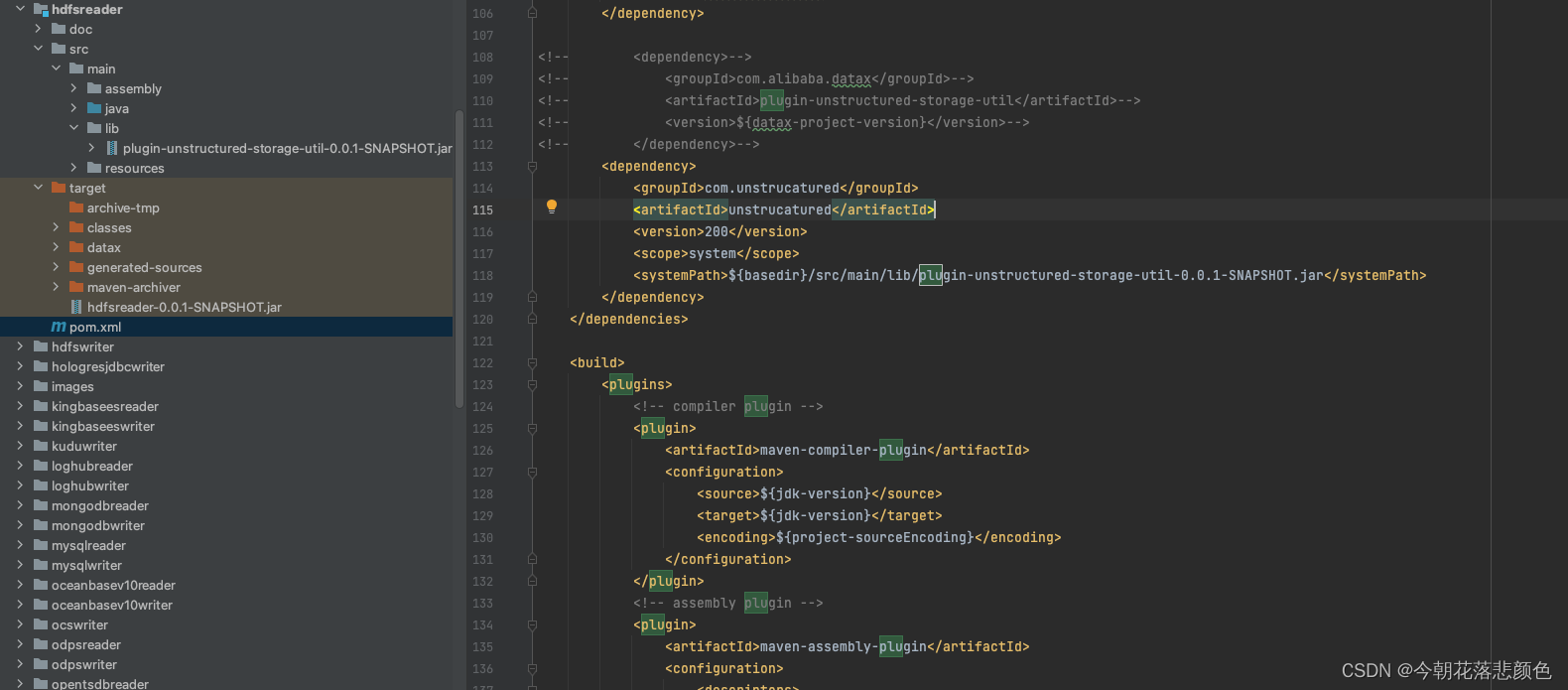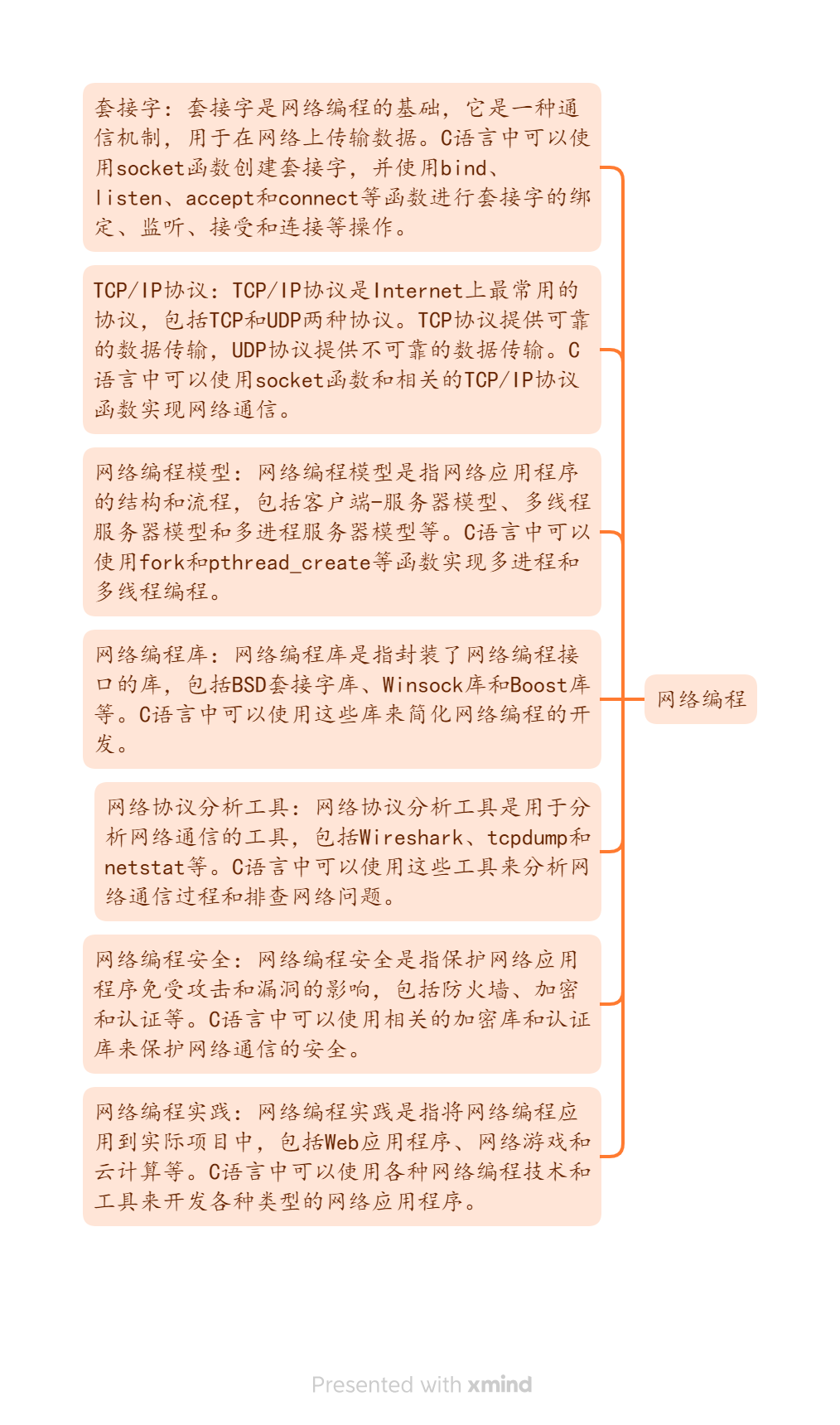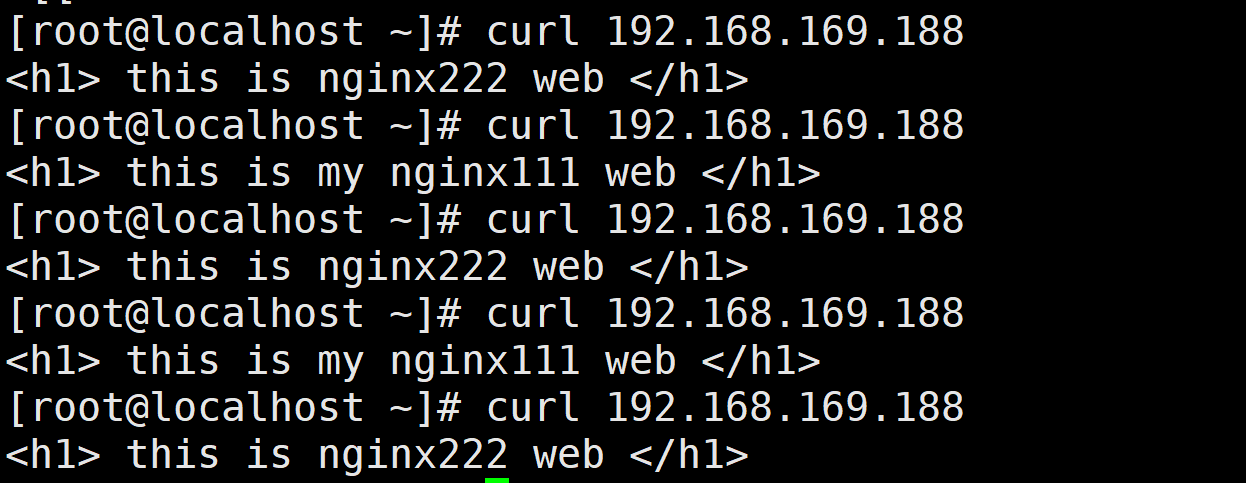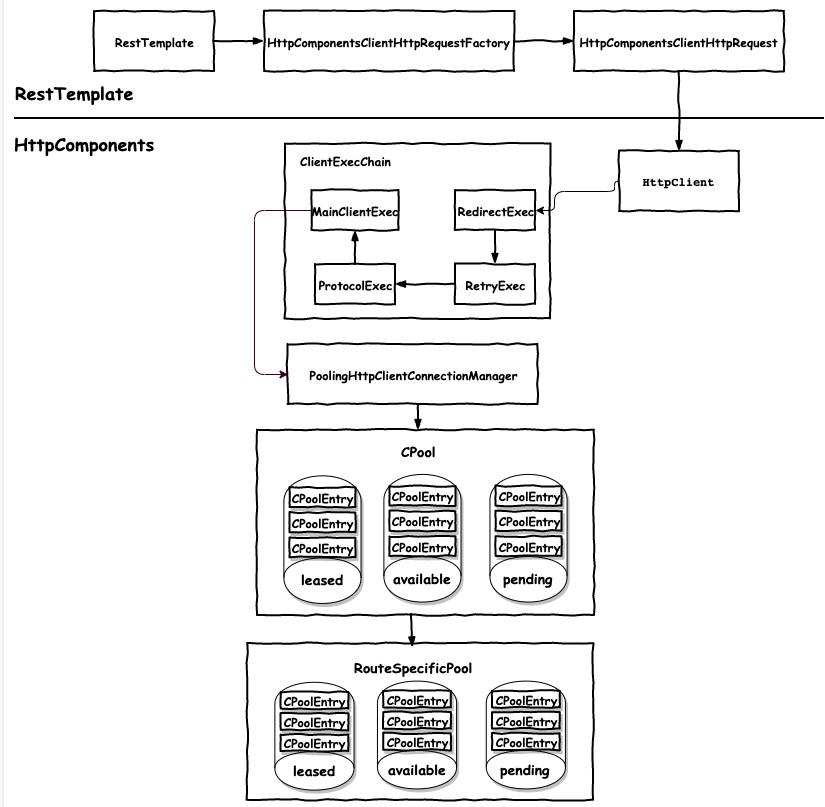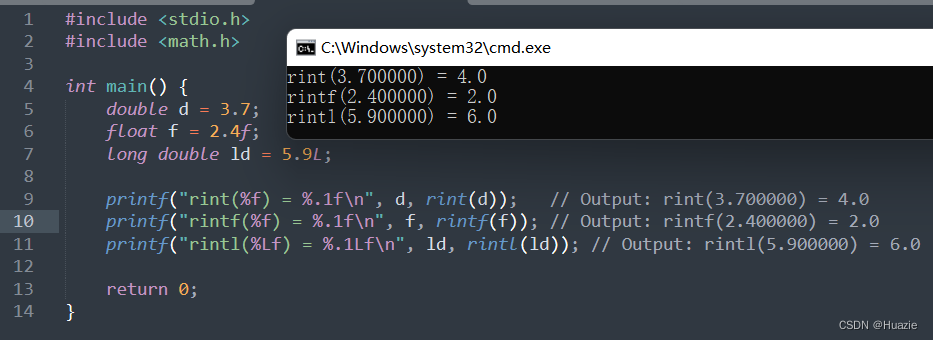适配一个容器以提供优先级队列
std::priority_queue定义于头文件 <queue>
| template< class T, |
priority_queue 是容器适配器,它提供常数时间的(默认)最大元素查找,对数代价的插入与释出。
可用用户提供的 Compare 更改顺序,例如,用 std::greater<T> 将导致最小元素作为 top() 出现。
用 priority_queue 工作类似管理某些随机访问容器中的堆,优势是不可能突然把堆非法化。
模板形参
| T | - | 存储的元素类型。若 T 与 Container::value_type 不是同一类型则行为未定义。 (C++17 起) |
| Container | - | 用于存储元素的底层容器类型。容器必须满足序列容器 (SequenceContainer) 的要求,而其迭代器必须满足遗留随机访问迭代器 (LegacyRandomAccessIterator) 的要求。另外,它必须提供拥有通常语义的下列函数:
标准容器 std::vector 和 std::deque 满足这些要求。 |
| Compare | - | 提供严格弱序的比较 (Compare) 类型。 |
注意 比较 (Compare) 形参的定义,使得若其第一参数在弱序中先于其第二参数则返回 true 。但因为 priority_queue 首先输出最大元素,故“先来”的元素实际上最后输出。即队列头含有按照 比较 (Compare) 所施加弱序的“最后”元素。
赋值给容器适配器
std::priority_queue<T,Container,Compare>::operator=| priority_queue& operator=( const priority_queue& other ); | (1) | |
| priority_queue& operator=( priority_queue&& other ); | (2) | (C++11 起) |
以 other 的内容替换容器适配器的内容。
1) 复制赋值运算符。以 other 的内容副本替换内容。等效地调用 c = other.c; comp = other.comp; 。(隐式声明)
2) 移动赋值运算符。用移动语义以 other 的内容替换内容。等效地调用 c = std::move(other.c); comp = std::move(other.comp); 。(隐式声明)
参数
| other | - | 用作源的另一容器适配器 |
返回值
*this
复杂度
等价于底层容器 operator= 的复杂度。
容量
检查底层的容器是否为空
std::priority_queue<T,Container,Compare>::empty| bool empty() const; | (C++20 前) | |
| [[nodiscard]] bool empty() const; | (C++20 起) |
检查底层容器是否为空,即是否 c.empty() 。
参数
(无)
返回值
若底层容器为空则为 true ,否则为 false 。
复杂度
常数
返回容纳的元素数
std::priority_queue<T,Container,Compare>::size| size_type size() const; |
返回底层容器中的元素数,即 c.size() 。
参数
(无)
返回值
容器中的元素数。
复杂度
常数。
调用示例
#include <iostream>
#include <forward_list>
#include <string>
#include <iterator>
#include <algorithm>
#include <functional>
#include <queue>
#include <deque>
#include <time.h>
using namespace std;
struct Cell
{
int x;
int y;
Cell() = default;
Cell(int a, int b): x(a), y(b) {}
Cell &operator +=(const Cell &cell)
{
x += cell.x;
y += cell.y;
return *this;
}
Cell &operator +(const Cell &cell)
{
x += cell.x;
y += cell.y;
return *this;
}
Cell &operator *(const Cell &cell)
{
x *= cell.x;
y *= cell.y;
return *this;
}
Cell &operator ++()
{
x += 1;
y += 1;
return *this;
}
bool operator <(const Cell &cell) const
{
if (x == cell.x)
{
return y < cell.y;
}
else
{
return x < cell.x;
}
}
bool operator >(const Cell &cell) const
{
if (x == cell.x)
{
return y > cell.y;
}
else
{
return x > cell.x;
}
}
bool operator ==(const Cell &cell) const
{
return x == cell.x && y == cell.y;
}
};
std::ostream &operator<<(std::ostream &os, const Cell &cell)
{
os << "{" << cell.x << "," << cell.y << "}";
return os;
}
template<typename _Tp, typename _Sequence = vector<_Tp>,
typename _Compare = less<typename _Sequence::value_type> >
void queuePrint(const std::string &name,
const std::priority_queue<_Tp, vector<_Tp>, _Compare> &queue)
{
std::cout << name ;
std::priority_queue<_Tp, vector<_Tp>, _Compare> queuep = queue;
while (queuep.size() > 0)
{
std::cout << queuep.top() << " ";
queuep.pop();
}
std::cout << std::endl;
}
struct Compare
{
Compare() {}
bool operator()(const Cell &a, const Cell &b)const
{
if (a.x == b.x)
{
return a.y < b.y;
}
return a.x < b.x;
}
};
int main()
{
std::cout << std::boolalpha;
std::mt19937 g{std::random_device{}()};
srand((unsigned)time(NULL));
auto generate = []()
{
int n = std::rand() % 10 + 110;
Cell cell{n, n};
return cell;
};
std::vector<Cell> vector1(6);
std::generate(vector1.begin(), vector1.end(), generate);
std::cout << "vector1: ";
std::copy(vector1.begin(), vector1.end(), std::ostream_iterator<Cell>(std::cout, " "));
std::cout << std::endl;
// 用 compare 的内容复制构造比较函数对象 comp 。值初始化底层容器 c 。
std::priority_queue<Cell> queue1(std::less<Cell>(), vector1);
queuePrint("queue1: ", queue1);
std::cout << std::endl;
//以 other 的内容替换容器适配器的内容。
//1) 复制赋值运算符。以 other 的内容副本替换内容。
//等效地调用 c = other.c; comp = other.comp;
std::priority_queue<Cell> queue2 = queue1;
queuePrint("queue2: ", queue2);
std::cout << std::endl;
//以 other 的内容替换容器适配器的内容。
//2) 移动赋值运算符。用移动语义以 other 的内容替换内容。
//等效地调用 c = std::move(other.c); comp = std::move(other.comp);
std::priority_queue<Cell> queue3 = std::move(queue1);
queuePrint("queue3: ", queue3);
//检查底层容器是否为空,即是否 c.empty() 。
std::cout << "queue1 empty: " << queue1.empty() << std::endl;
std::cout << std::endl;
//检查底层容器是否为空,即是否 c.empty() 。
while (!queue3.empty())
{
//返回底层容器中的元素数,即 c.size() 。
std::cout << "queue3.size(): " << queue3.size() << " ";
std::cout << "queue3.top(): " << queue3.top() << std::endl;
queue3.pop();
}
return 0;
}输出


